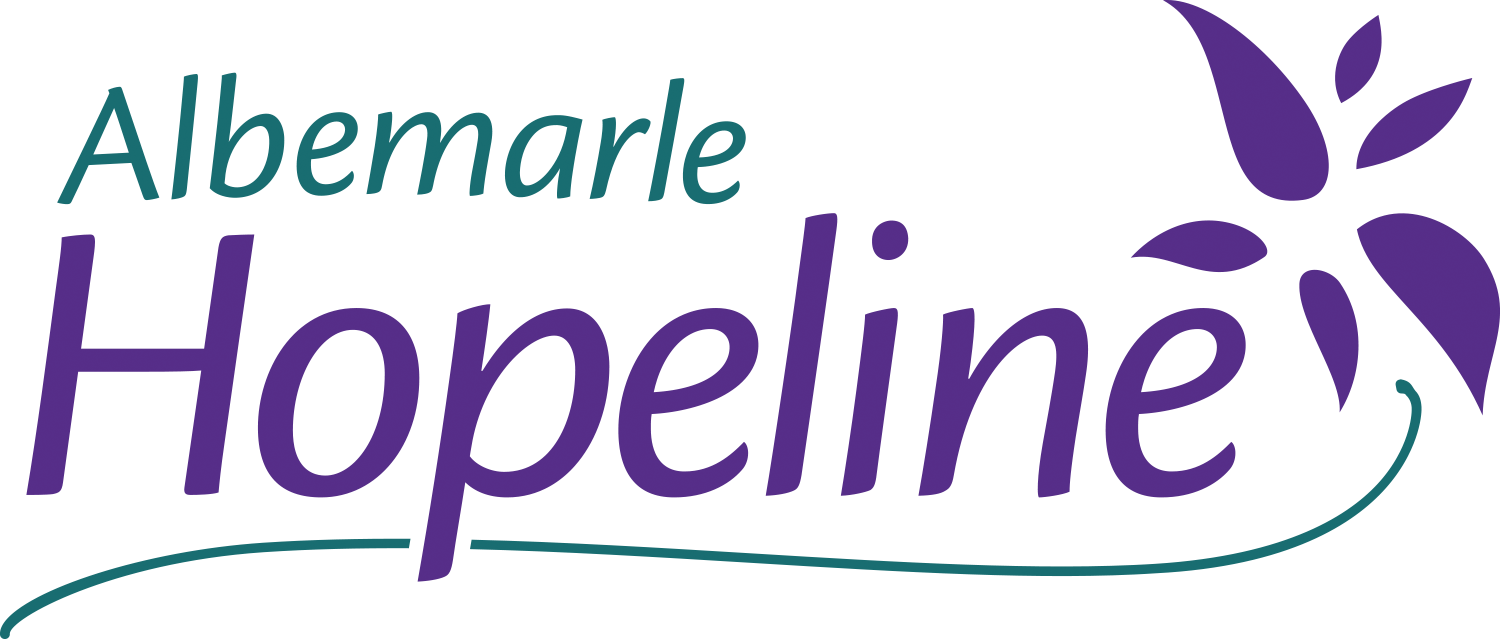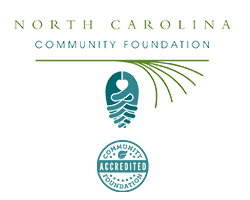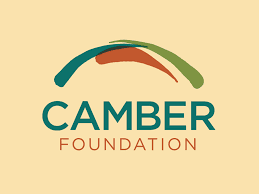Men, women and children of all ages, races, religions, and economic classes can be and have been victims of sexual assault. The U.S. Centers for Disease Control and Prevention (CDC) estimates that sexual violence affects one in three women and one in four men over the course of their lifetimes. Sexual assault occurs in rural areas, small towns and larger cities. Sexual violence happens across all socioeconomic levels. According to the U.S. Department of Justice, a rape or attempted rape occurs every 5 minutes in the United States.
Types of sexual violence:
- Rape is when one person forces or coerces (either physically or emotionally) another person to perform a sexual act that involves penetration. Forced oral sex is a form of rape.
- Sexual Harassment includes undesired sexual advances, unwelcomed solicitations for sexual favors, or talk that has inappropriate sexual overtones.
- Child Sexual Abuse is sexual contact or acts of any kind between a child and an adult. Because children cannot consent to sex, any sexual interactions between an adult and child are abusive.
- Sexual Assault involves actions like unwelcomed sexual touching, groping, or fondling. It also can be attempted rape.
- Incest occurs when one family member sexually abuses, rapes, or sexually assaults another.
- Intimate Partner Sexual Violence can occur when a spouse, girlfriend, or boyfriend perpetrates sexual assault, sexual harassment, and/or rape.
The Effects of Sexual Violence:
The effects of sexual violence can be severe. Each individual reacts to trauma in unique ways. Trauma can leave physical, emotional, and psychological wounds. The physical harm is most visible, but the emotional and psychological wounds that are not seen are just as real. With sexual assault often comes a deep sense of shame. Survivors may feel responsible—as if they could have prevented it or stopped it. The truth is, sexual assault in any and every form is never the victim’s fault.
Survivors of sexual assault may no longer feel safe, may lose self-esteem, feel powerless, and lose the ability to trust others or develop intimacy. The more terrifying the assault, and the more the person’s life is threatened, the more problems survivors usually have afterwards. Having suffered previous traumas, as many sexual assault survivors have, can also contribute to more severe reactions. Every survivor’s experience is different.
Possible Effects of Sexual Violence
- Depression - Feelings of depression can increase if a survivor does not feel believed and supported.
- Self-Harm - Deliberate self-harm, or self-injury, is when a person inflicts physical harm on himself or herself, usually in secret.
- Substance abuse - If you are concerned that you’re using substances in a way that could be harmful to your health or have concerns for someone you care about, consider learning more about the warning signs and places to find support.
- Dissociation - Dissociation is one of the many defense mechanisms the brain can use to cope with the trauma of sexual violence.
- Panic attacks - A panic attack is a sudden feeling of intense fear and anxiety that happens in situations when there may be no immediate danger. They tend to affect people who have experienced trauma, abuse, or high levels of stress.
- Eating disorders - Sexual violence can affect survivors in many ways, including perceptions of the body and feelings of control.
- Pregnancy - If you were recently raped, you may have concerns about becoming pregnant from the attack.
- Sleep Disorders - Symptoms of sleep disorders can include trouble falling or staying asleep, sleeping at unusual times of day, or sleeping for longer or shorter than usual.
- Suicide - Suicide is preventable and suicidal thoughts aren’t permanent. If you are thinking about suicide, there are resources to give you the support you need to get through this tough time.
- Pregnancy - Victims are at risk of pregnancy and sexually transmitted infections (STIs). Studies suggest that the chance of getting pregnant from one-time, unprotected intercourse is between 3.1-5%, depending on a multitude of factors, including the time of month intercourse occurs, whether contraceptives are used, and the age of the female. The average number of rapes and sexual assaults against females of childbearing age is approximately 250,000. Thus, the number of children conceived from rape each year in the United States might range from 7,750—12,500. (RAIIN.org)
How can therapy help?
Albemarle Hopeline provides confidential therapy, provided by licensed and specially-trained professionals, free of charge and with no time limits. Therapy can be beneficial in many ways. Some of the things therapy can help with include:
- Help you to calm and soothe yourself
- Increase your awareness of, and access to, inner strengths and outside resources
- Process specific memories, through carefully guided talk and/or writing
- Challenge yourself to reconnect and do non-dangerous things you have been avoiding since the traumatic event(s)
- Challenge trauma-based thinking, so that you can restore a healthy mental framework for living,
- Make meaning of what happened and how it has affected your deepest self and your family
- Reduce symptoms of depression and anxiety
- Increase a personal sense of confidence and competence
- Regain your quality of life, including enhanced relationships with others, greater activity level, and more positive and stable mood
- Reduce trauma reaction symptoms of PTSD
Making an appointment is simple, and you can choose to see a counselor in person at one of our three office locations, or receive support over the phone. Just call Albemarle Hopeline’s crisis line at 252-338-3011 and ask to speak to a counselor.










